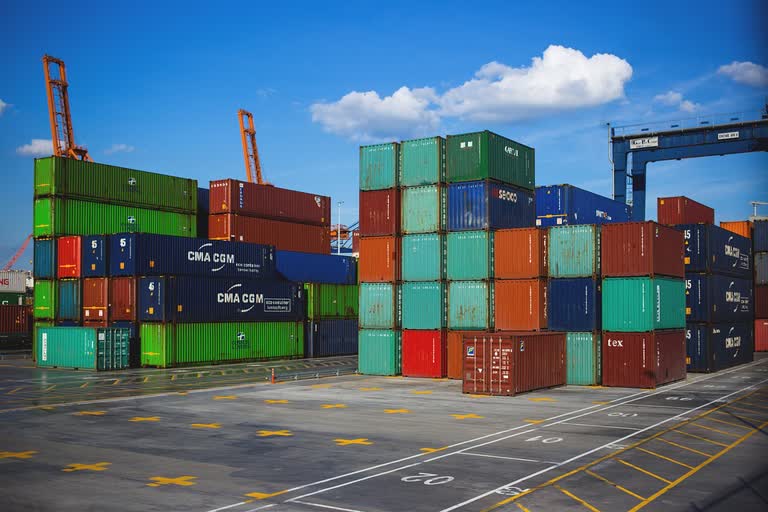New Delhi: Department of Revenue Intelligence (DRI) has unearthed a major scam involving the misuse of provisions of the regional trade agreement between India and its members.
Finance ministry's nodal agency to crackdown on the cases of tax evasion and financial crimes found that some importers were misusing the provisions of South Asian Free Trade Agreement (SAFTA).
DRI’s investigation revealed that these importers were involved in the import of canola oil of Canadian origin by declaring it as rapeseed oil from Bangladesh which does not attract any customs duty.
“It led to the tax evasion of nearly Rs 25 crore,” said a senior finance ministry official.
Officials in the ministry of finance said that canola oil of Canadian origin was brought in the country through Ghojadanga Land Customs Station (LCS) located at the Indo-Bangladesh border in West Bengal. It was declared as crude rapeseed oil, mustard oil, rice bran oil by the importers.
Read more: Trade deal or no deal?
Explaining the modus operandi, a senior official told ETV Bharat that while canola oil of Canadian origin attracts 35% customs duty but these importers were availing the full exemption by declaring it Bangladeshi oil which enjoys full exemption under the regional trade agreement SAFTA between India and its neighbours.
What is SAFTA
India and seven other member countries of SAARC signed a regional free trade agreement SAFTA in 2004 which came into force in 2006. The new trade agreement between India and its seven neighbouring countries Afghanistan, Bangladesh, Bhutan, Maldives, Nepal, Pakistan and Sri Lanka replaced the earlier trade agreement known as 1993 SAARC Preferential Trading Arrangement.
Misusing the provisions of SAFTA
Officials in the ministry of finance said that nearly 15,000 metric ton oil has been imported in the country in the last two months through Ghojadanga Land Customs Station. This unusual spurt alerted the DRI officials.
DRI officials were alerted as in the last four years, the average import of the commodity from all the ports in the country was only in the range of 500-1,500 metric tons per year.
Given the sudden surge in the imports of the commodity in the country in the last two months, DRI officials started probing the matter and some importers were raided on February 8.
Officials also found that imported canola oil was sold to another firm at the customs land station immediately after custom clearance which revealed a nexus between several importers and traders engaged in the matter.
Further probe by the DRI officials revealed that these importers did not have any tie up with Bangladeshi suppliers.
A senior Finance Ministry official told ETV Bharat that these importers showed origin criterion as Category A, which means the commodity was wholly produced in Bangladesh and was as such covered under SAFTA provisions.
Canola oil versus rapeseed oil
“Canola oil is completely different from natural rapeseed oil as it is 100% genetically modified (GM) product which has been grown in the US, Canada, Australia and Germany,” he told ETV Bharat, adding that this canola oil cannot be of Bangladeshi origin as the country has only one genetically modified crop, which is Brinjal.
He said what helped DRI officials in detecting the fraud was the fact that as a GM crop canola oil has a very low content of erucic acid, a maximum of 2%, whereas, natural rapeseed oil has much higher erucic acid content, between 30 to 60% and is not fit to be used as edible oil.
(Article by senior journalist Krishnanand Tripathi)



